CONCERNS OVER SPREAD OF VIRUS VARIANTS
입력 2021.02.04 (15:18)
수정 2021.02.04 (16:46)
읽어주기 기능은 크롬기반의
브라우저에서만 사용하실 수 있습니다.
[Anchor Lead]
The U.K. and South African variants of COVID-19 have spread across local communities in Korea. Quarantine authorities are stepping up entry checks for international travelers, but they believe that a massive spread of the virus variants is just a matter of time.
[Pkg]
A foreign national who arrived in Korea from the UAE on December 25 initially tested negative at the airport upon arrival. But on January 7, shortly before the quarantine period ended, the test results came out positive. Quarantine authorities believe the confirmed patient identified as A contracted the virus from family members living together. Relatives from abroad who visited the family also became infected with COVID-19, which later spread to others at a gathering. As a result, 38 people contracted the virus in this cluster. Four cases of the U.K. variant have been confirmed - two in Yangsan, and one each in Gimhae and Naju. Dozens of others who contracted the virus from the initial spreader are presumed to have the same virus variant. One more case of the South African variant of COVID-19 has been confirmed in Gumi. The recent patient turned out to be a relative of the 31st case of the coronavirus variant confirmed earlier. Since last October, 39 cases of COVID-19 variants have been confirmed in Korea. Quarantine authorities say a massive spread of virus variants in the nation is just a matter of time.
[Soundbite] Choi Won-suk(Korea University Ansan Hospital) : "There is always a possibility of the virus brought in from abroad spreading in the nation. It may be a matter of time but it looks like we're headed in that direction."
In response to criticism prompting more strict quarantine measures on all those coming in from abroad, quarantine authorities have responded by amping up further testing in local regions where variants have been detected. In these regions, testing for variants will be carried out on even patients who have never left the country. Monitoring of those arriving from overseas will also be intensified.
The U.K. and South African variants of COVID-19 have spread across local communities in Korea. Quarantine authorities are stepping up entry checks for international travelers, but they believe that a massive spread of the virus variants is just a matter of time.
[Pkg]
A foreign national who arrived in Korea from the UAE on December 25 initially tested negative at the airport upon arrival. But on January 7, shortly before the quarantine period ended, the test results came out positive. Quarantine authorities believe the confirmed patient identified as A contracted the virus from family members living together. Relatives from abroad who visited the family also became infected with COVID-19, which later spread to others at a gathering. As a result, 38 people contracted the virus in this cluster. Four cases of the U.K. variant have been confirmed - two in Yangsan, and one each in Gimhae and Naju. Dozens of others who contracted the virus from the initial spreader are presumed to have the same virus variant. One more case of the South African variant of COVID-19 has been confirmed in Gumi. The recent patient turned out to be a relative of the 31st case of the coronavirus variant confirmed earlier. Since last October, 39 cases of COVID-19 variants have been confirmed in Korea. Quarantine authorities say a massive spread of virus variants in the nation is just a matter of time.
[Soundbite] Choi Won-suk(Korea University Ansan Hospital) : "There is always a possibility of the virus brought in from abroad spreading in the nation. It may be a matter of time but it looks like we're headed in that direction."
In response to criticism prompting more strict quarantine measures on all those coming in from abroad, quarantine authorities have responded by amping up further testing in local regions where variants have been detected. In these regions, testing for variants will be carried out on even patients who have never left the country. Monitoring of those arriving from overseas will also be intensified.
■ 제보하기
▷ 카카오톡 : 'KBS제보' 검색, 채널 추가
▷ 전화 : 02-781-1234, 4444
▷ 이메일 : kbs1234@kbs.co.kr
▷ 유튜브, 네이버, 카카오에서도 KBS뉴스를 구독해주세요!
- CONCERNS OVER SPREAD OF VIRUS VARIANTS
-
- 입력 2021-02-04 15:18:07
- 수정2021-02-04 16:46:47
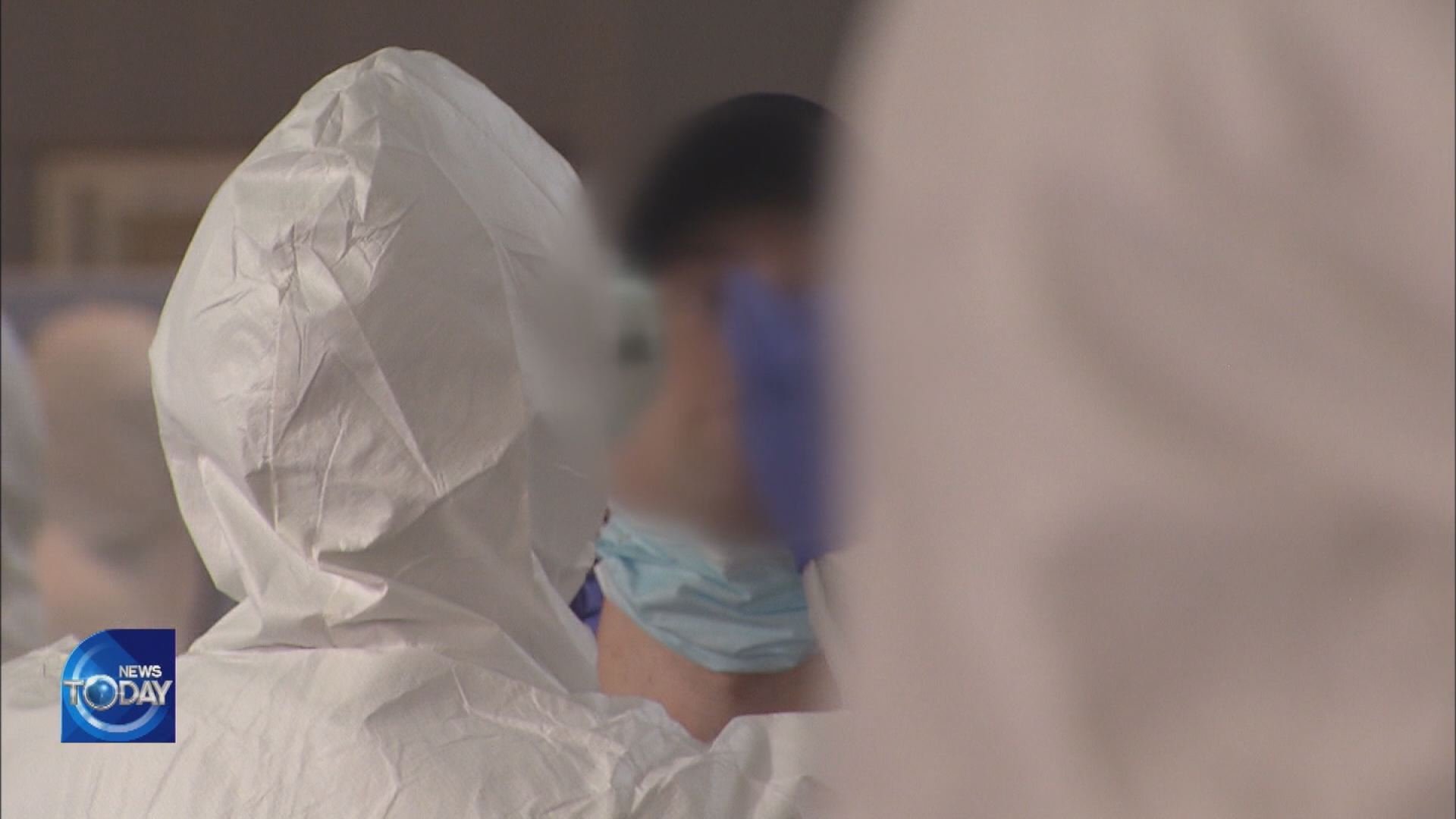
[Anchor Lead]
The U.K. and South African variants of COVID-19 have spread across local communities in Korea. Quarantine authorities are stepping up entry checks for international travelers, but they believe that a massive spread of the virus variants is just a matter of time.
[Pkg]
A foreign national who arrived in Korea from the UAE on December 25 initially tested negative at the airport upon arrival. But on January 7, shortly before the quarantine period ended, the test results came out positive. Quarantine authorities believe the confirmed patient identified as A contracted the virus from family members living together. Relatives from abroad who visited the family also became infected with COVID-19, which later spread to others at a gathering. As a result, 38 people contracted the virus in this cluster. Four cases of the U.K. variant have been confirmed - two in Yangsan, and one each in Gimhae and Naju. Dozens of others who contracted the virus from the initial spreader are presumed to have the same virus variant. One more case of the South African variant of COVID-19 has been confirmed in Gumi. The recent patient turned out to be a relative of the 31st case of the coronavirus variant confirmed earlier. Since last October, 39 cases of COVID-19 variants have been confirmed in Korea. Quarantine authorities say a massive spread of virus variants in the nation is just a matter of time.
[Soundbite] Choi Won-suk(Korea University Ansan Hospital) : "There is always a possibility of the virus brought in from abroad spreading in the nation. It may be a matter of time but it looks like we're headed in that direction."
In response to criticism prompting more strict quarantine measures on all those coming in from abroad, quarantine authorities have responded by amping up further testing in local regions where variants have been detected. In these regions, testing for variants will be carried out on even patients who have never left the country. Monitoring of those arriving from overseas will also be intensified.
The U.K. and South African variants of COVID-19 have spread across local communities in Korea. Quarantine authorities are stepping up entry checks for international travelers, but they believe that a massive spread of the virus variants is just a matter of time.
[Pkg]
A foreign national who arrived in Korea from the UAE on December 25 initially tested negative at the airport upon arrival. But on January 7, shortly before the quarantine period ended, the test results came out positive. Quarantine authorities believe the confirmed patient identified as A contracted the virus from family members living together. Relatives from abroad who visited the family also became infected with COVID-19, which later spread to others at a gathering. As a result, 38 people contracted the virus in this cluster. Four cases of the U.K. variant have been confirmed - two in Yangsan, and one each in Gimhae and Naju. Dozens of others who contracted the virus from the initial spreader are presumed to have the same virus variant. One more case of the South African variant of COVID-19 has been confirmed in Gumi. The recent patient turned out to be a relative of the 31st case of the coronavirus variant confirmed earlier. Since last October, 39 cases of COVID-19 variants have been confirmed in Korea. Quarantine authorities say a massive spread of virus variants in the nation is just a matter of time.
[Soundbite] Choi Won-suk(Korea University Ansan Hospital) : "There is always a possibility of the virus brought in from abroad spreading in the nation. It may be a matter of time but it looks like we're headed in that direction."
In response to criticism prompting more strict quarantine measures on all those coming in from abroad, quarantine authorities have responded by amping up further testing in local regions where variants have been detected. In these regions, testing for variants will be carried out on even patients who have never left the country. Monitoring of those arriving from overseas will also be intensified.
이 기사가 좋으셨다면
-
좋아요
0
-
응원해요
0
-
후속 원해요
0











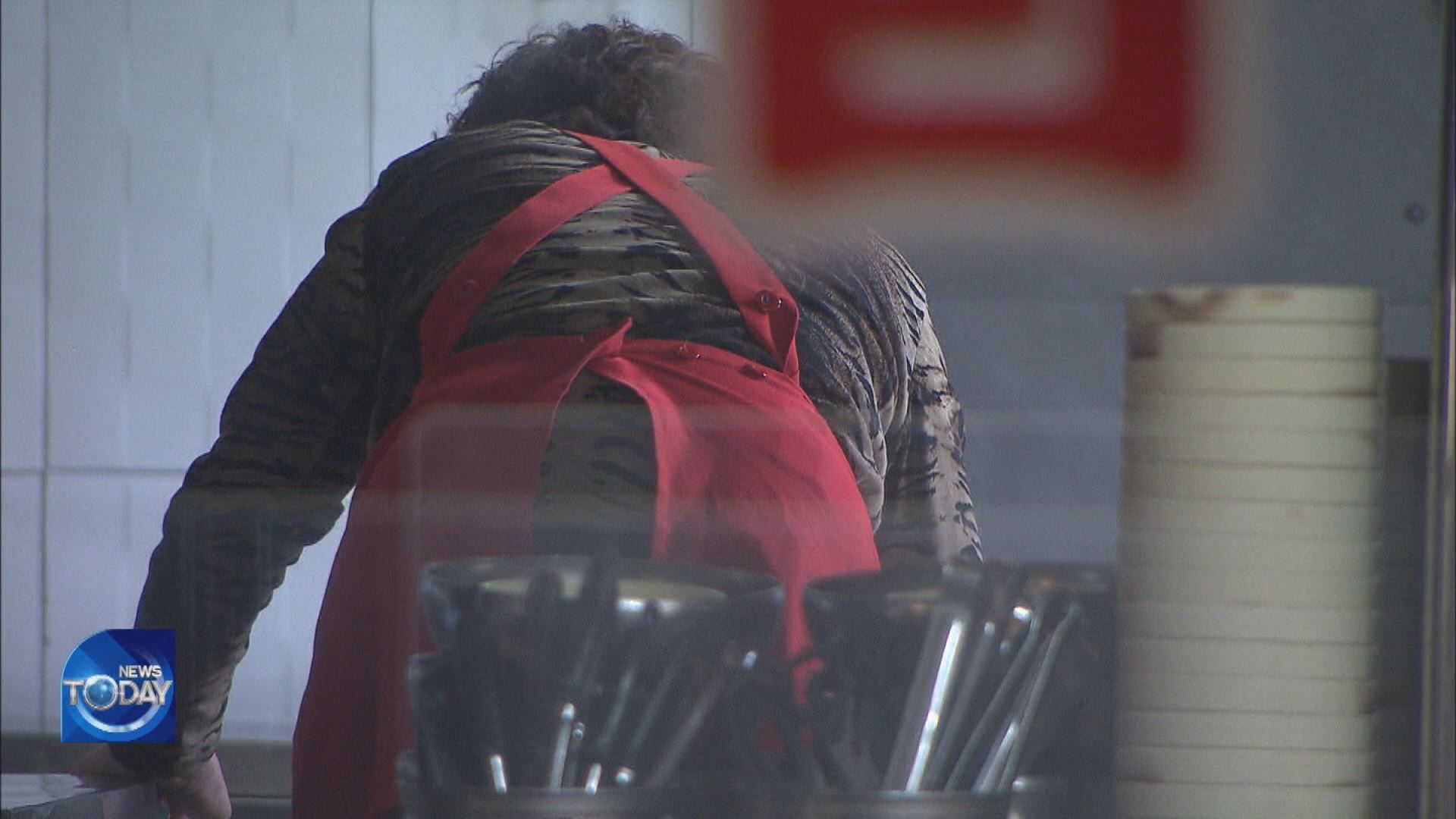

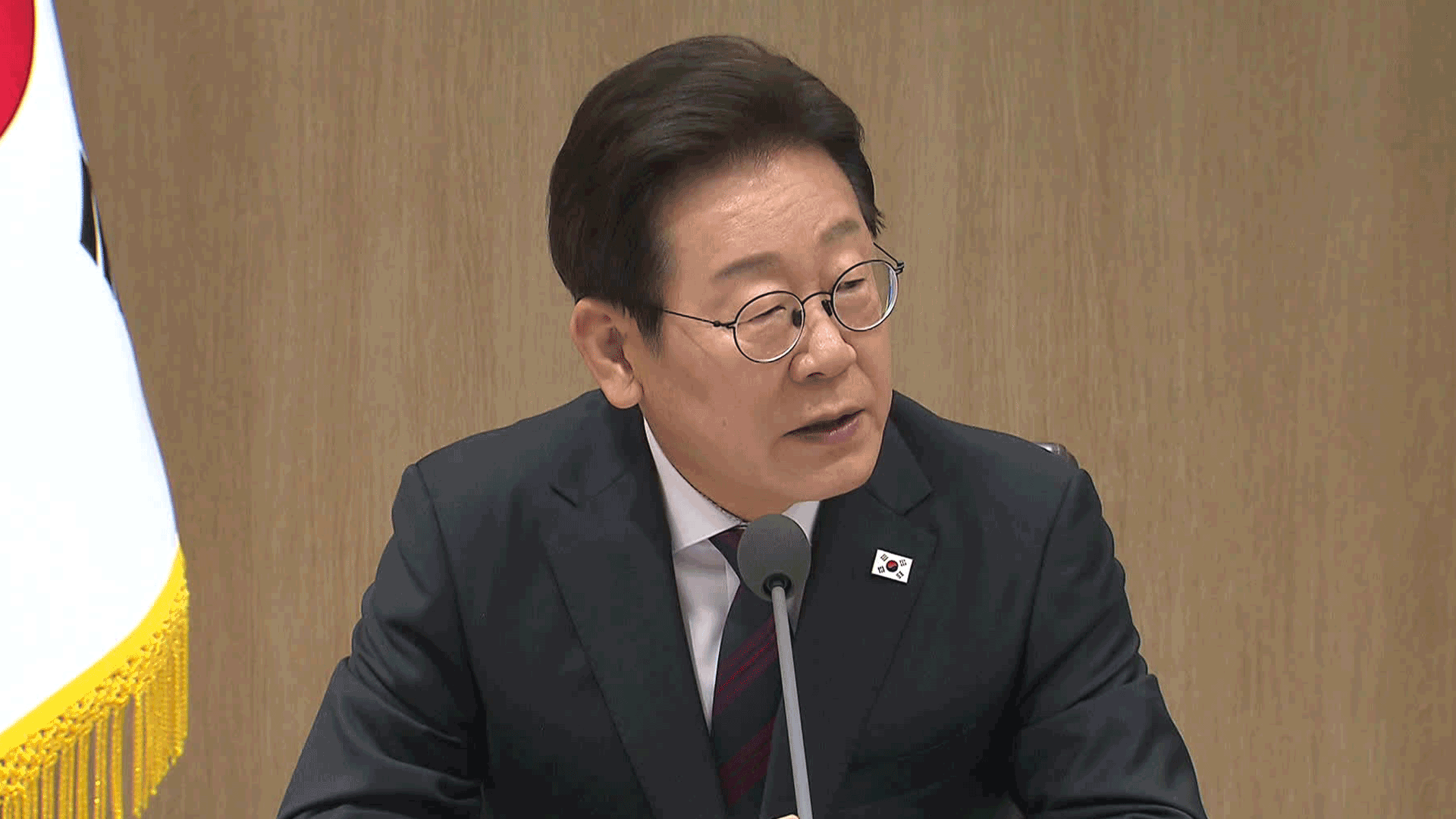
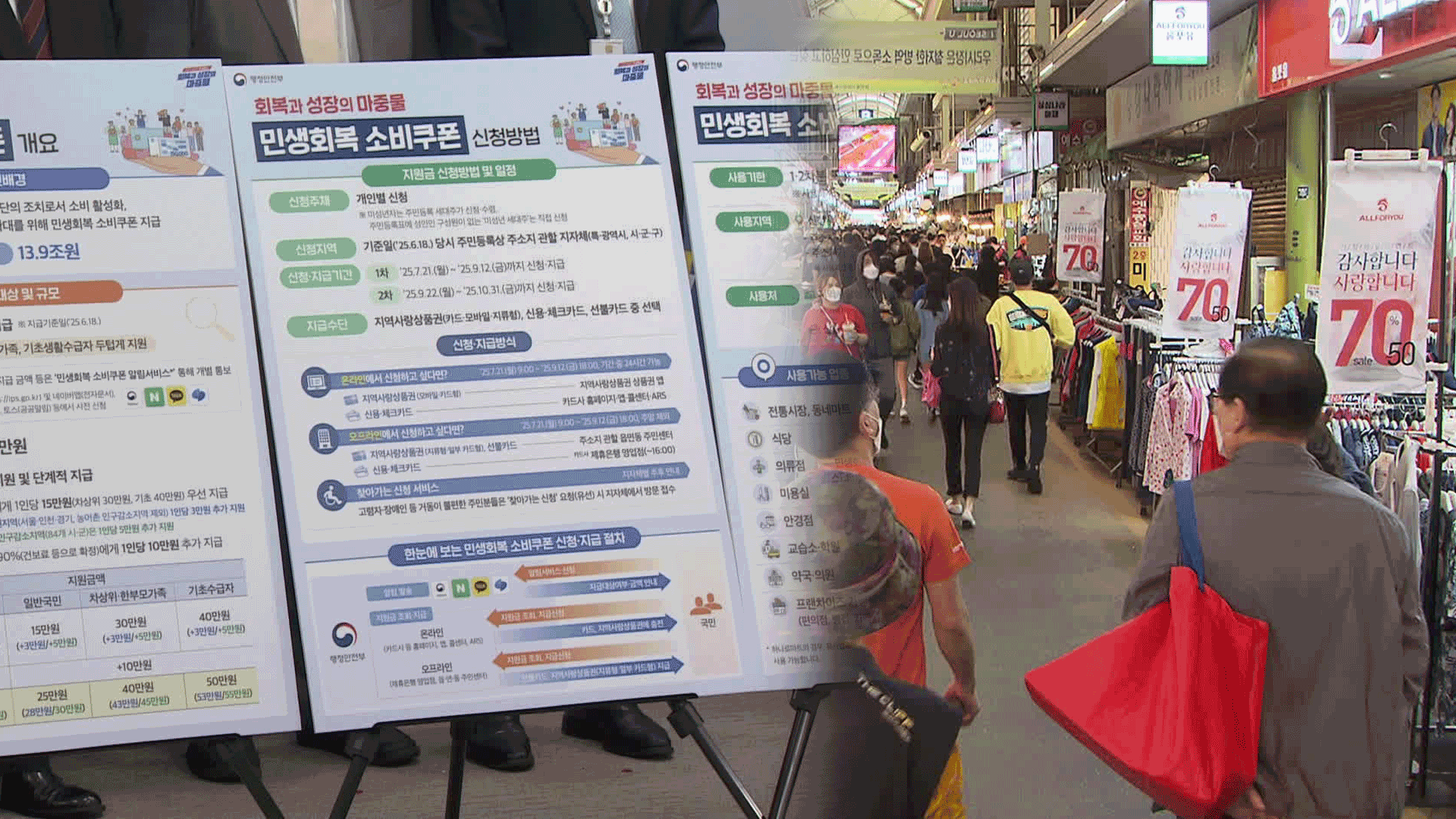
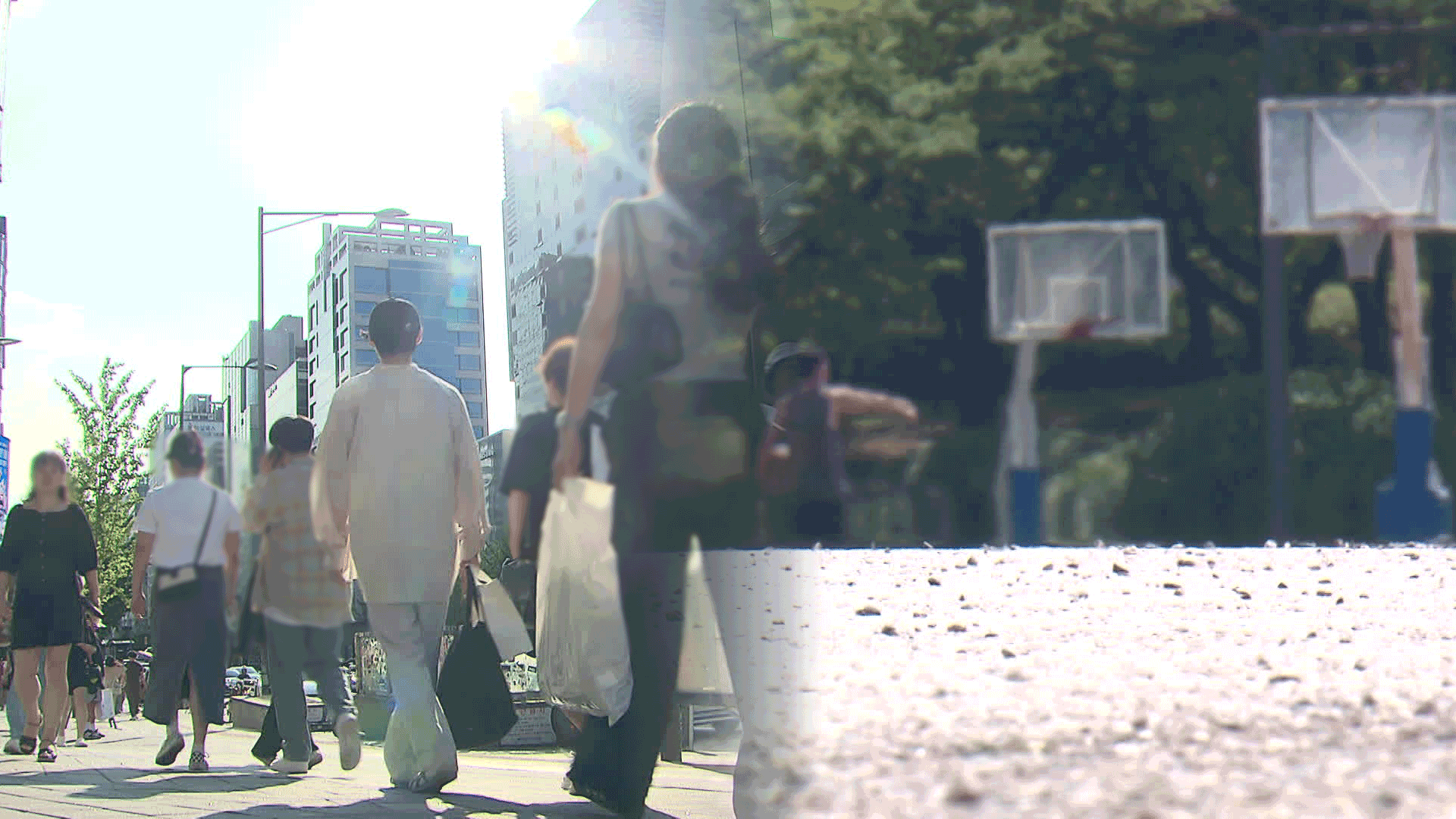

이 기사에 대한 의견을 남겨주세요.